The 1973 children’s educational program Schoolhouse Rock! featured cartoons and catchy songs explaining the fundamentals of math, grammar, and the functions of the United States government. The song for the cartoon about the US Electoral College contains the lyric, “Everyone who graduates becomes the president.”
Thus far, most presidential candidates who have won the Electoral College vote have won the presidency. However, that process has not been as simple as a Schoolhouse Rock! song lyric. In this list, we will explore why the Electoral College was founded, how it works, and why to whom it’s a benefit remains a subject of continual, contentious debate.
9. The Electoral College was based on an idea by Plato
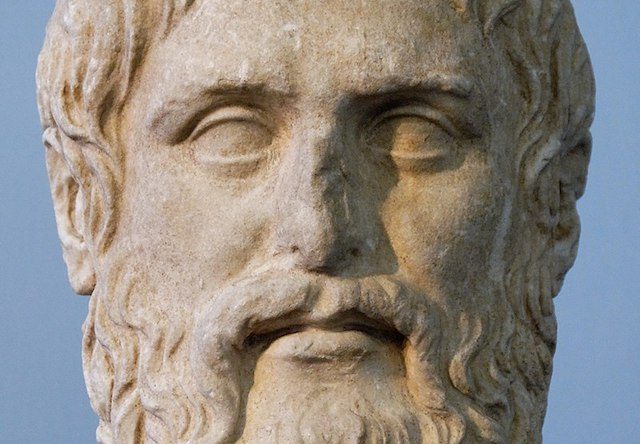
The Founding Fathers of the United States promoted the ideals of the Enlightenment as the basis of their new country’s government. The Enlightenment was a 17th and 18th century European intellectual movement celebrating humans’ ability to use reason to understand and improve the world in which they lived. Though the Enlightenment was an ideological movement specific to the 17th and 18th centuries, many of its ideologies came from the ancient Greeks.
The form of government most of the Founding Fathers favored, democracy, was a system adopted by the Greeks. (The word “democracy” comes from the Greek words “demos,” meaning “people,” and “kratos,” meaning “power or rule.”) However, practicing democracy wasn’t the only Greek idea that influenced the Founding Fathers. The Greek philosopher whose theories about government influenced the founding of America’s Electoral College, for example, was no democrat.
The Greek philosopher Plato argued in his 375 BC work The Republic that a society functions best under the rule of what he called a philosopher-king. He wrote that, “There will be no end to the troubles of states, or of humanity itself, till philosophers become kings in this world, or till those we now call kings and rulers really and truly become philosophers.” In other words, people who are naturally wise are best able to understand the implications of their actions. Therefore, they are best qualified to rule a nation and impose their will over others who are less wise than they are.
Plato’s concept of the philosopher-king is inherently elitist. According to him, only a philosopher, someone who is educated, may be wise. Actually, there are many forms of intelligence and whether or not someone has access to a formal education depends on many sociocultural and socioeconomic factors that are outside of an individual’s control, such as gender, race, and class. In fact, the contemporary form of government that arguably functions most similarly to Plato’s ideal republic is an oligarchy: a form of government where a few people control all of a country’s bureaucracies and social institutions, and they usually consolidate their power by maintaining a rigid class system.
The Founding Fathers didn’t want to form an oligarchy, but they were influenced by Plato’s idea that some individuals are better equipped to make judicious decisions than others. Enshrining the Electoral College in the Constitution was their attempt to ensure that, should a difficult decision need to be made to preserve the smooth functioning of the American electoral process, the people who made it were undoubtedly qualified to handle the responsibility. The difficulty, of course, is that determining what makes a person qualified is a highly subjective process.
8. The Electoral College was established to safeguard an uninformed – not uneducated – electorate

For the Founding Fathers, one potential benefit of the Electoral College was that it could provide the same function that the Internet provides in contemporary society: it could consolidate relevant information. Unlike the Internet, however, the Electoral College wouldn’t be egalitarian. In the 1800s, there was no fast, reliable form of media that could deliver news to a widespread population. Therefore, inhabitants of rural areas were much more physically and socially isolated than inhabitants of cities.
By the 1800s, one in four Americans were literate. The rest of the population was at a significant disadvantage, as those Americans who were illiterate couldn’t read or evaluate the information newspapers printed about candidates. The Electoral College was an educated body of electors whose position allowed them to easily consolidate valid information about any relevant political candidates and cast votes after evaluating that information.
7. The Founding Fathers weren’t united in their opinion of establishing an Electoral College
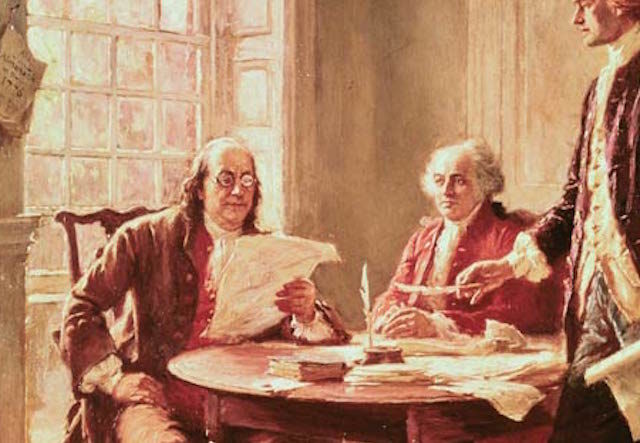
None of the Founding Fathers strongly favored a direct democracy, such as the one practiced by the ancient Greeks in the city of Athens. In a direct democracy, citizens vote directly on policies, instead of entrusting elected representatives to advocate for their interests. In a representative democracy, the kind of democracy favored by the Founding Fathers, representatives make policies and enforce laws that (hopefully) represent the interests of the citizens who voted them into office. The Founding Fathers envisioned the Electoral College as a body of educated electors who would recommend promising presidential candidates to the US House of Representatives, one of the two houses of Congress, America’s lawmaking body. The US House of Representatives would settle any presidential election the populace contested.
Alexander Hamilton, who penned Federalist Paper Number Sixty-Eight, the document relating to the Electoral College, believed the body would ensure only the best presidential candidates competed for the office. George Washington and James Madison both warned that the factionalism promoted by political parties would weaken America’s democracy. The Founding Fathers believed the Electoral College would promote presidential candidates of whom most members of the US House of Representatives would approve. Congress’ unity would prevent political parties from forming because, in most contested elections, Congress would choose the president. In fact, George Mason, a Virginian delegate to the 1787 First Constitutional Convention, predicted Congress would choose the president “nineteen times out of twenty.”
The Founding Fathers did not accurately predict the future of the Electoral College, because they did not accurately predict the future of American political parties. By 1796, the American populace had begun to interpret allegiance to a political party as one way Americans could attest to the legitimacy of their representatives’ decisions. In the disputed presidential election of 1876, Congress elected the Republican candidate, Rutherford B. Hayes, even though the Democratic candidate, Samuel Tilden, won the popular vote. That was the last presidential election in which Congress was involved.
6. The Electors are chosen by the country’s two primary political parties
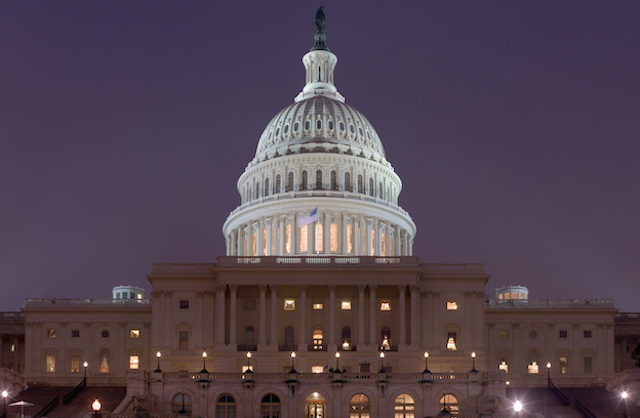
The US Founding Fathers supported the establishment of an Electoral College, but they couldn’t have imagined how the contemporary version would function. As previously mentioned, they didn’t predict political parties’ rise to prominence. As one would expect in an ideal democracy, electors are chosen by the voting populace… sort of.
Since 1800, electors have been chosen by political parties. The political parties may choose anyone who isn’t currently holding a public office, provided that person’s appointment doesn’t violate the 14th Amendment of the US Constitution, passed in 1868. When an American who is voting in a presidential election chooses a presidential and vice presidential candidate from a particular political party, that voter is also choosing the electors from their state who have been chosen to vote for those candidates, though whether or not the electors are listed on the voting ballot varies by state. (The 12th Amendment, passed in 1804, ensured that the president and the vice president would be from the same political party.)
However, states have varying regulations regarding whether or not an elector is required to vote with a political party and whether or not an elector is required to cast his or her vote in accordance with the popular vote in the state the elector represents, regardless of his or her political party loyalty. The relationship between state population and electoral representation has been a concern since America’s founding; that’s why two houses of Congress were established. In the Senate, each state’s voters elect two senators. In the House of Representatives, the number of representatives who represent individual districts in a particular state is determined based on the state’s population.
The functioning of the Electoral College is also determined by how a state’s population might affect its representation. An electoral vote from a sparsely populated state, such as Montana, is worth more than an electoral vote from a comparatively populous state, such as New York. Thus, it is possible for a presidential and vice presidential candidate to lose the popular vote while winning the Electoral College vote (and therefore the presidency). This has happened four times in the country’s history, in the presidential elections of 1876, 1888, 2000, and 2016.
5. The US isn’t the only country that has an Electoral College as part of its electoral process
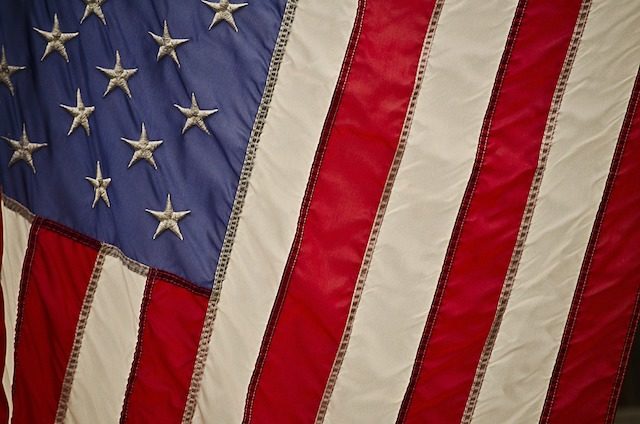
The United States isn’t the only country where heads of state are chosen by an indirect voting process. According to the CIA World Factbook, other areas with Electoral Colleges include Burma, Estonia, India, Madagascar, Nepal, Pakistan, Trinidad and Tobago, Vanuatu, and Vatican City.
However, none of the Electoral Colleges in these areas make a final decision to elect a head of state. That is the responsibility of the area’s legislative body. The practice of allowing an Electoral College to actually elect a head of state is unique to the United States. In other areas, the legislative bodies have more authority than the Electoral Colleges, just as the Founding Fathers incorrectly believed would be the case for their country.
4. The US is the only country with an Electoral College where replacing that body is seriously debated
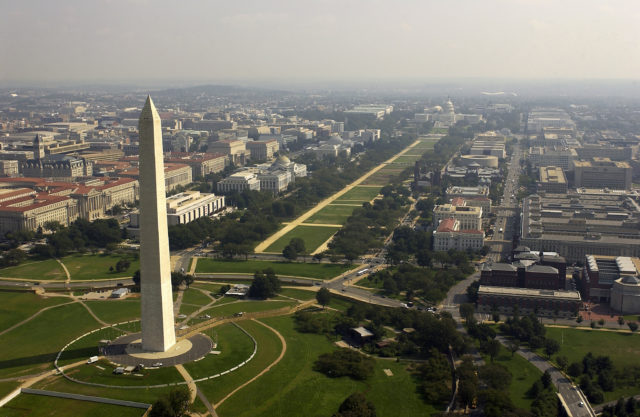
Among the countries with Electoral Colleges, only presidential candidates in America seriously argue that the Electoral College should be replaced. Of the 2020 Democratic presidential candidates, three argued that it should be abolished (Bernie Sanders, Elizabeth Warren, and Pete Buttigieg), two suggested that it should be reformed (Andrew Yang and Tulsi Gabbard), and two openly supported it (Joe Biden and Mike Bloomberg).
However, the question of whether or not the US Electoral College should be reformed or abolished is a deeply partisan issue, with each of America’s two political parties, Republicans and Democrats, favoring whichever course of action would most benefit each party. According to a March 2020 Pew Research Center poll, 58% of Americans favor replacing the Electoral College with a system wherein the presidential candidate who wins the majority of the popular vote wins the presidency.
3. None of the Electoral College’s decisions have served as precedents for future decisions

Since states’ policies related to their electors vary greatly, none of the electors’ decisions in previous elections serve as precedents for current votes. To the extent that there is uniformity in electors’ conduct, that uniformity has been imposed by the US Supreme Court.
For example, the Supreme Court has ruled that, since the Constitution doesn’t grant agency to states’ electors, “faithless electors,” electors who wish to vote against the interests of the parties that selected them, may be required to sign contracts ensuring their party loyalty. They may be fined or replaced if they act against their political party’s interests. Electors are only expected to vote in accordance with their state’s popular vote if their state requires they do so.
2. The Electoral College was founded to promote equality – but only among some of the population
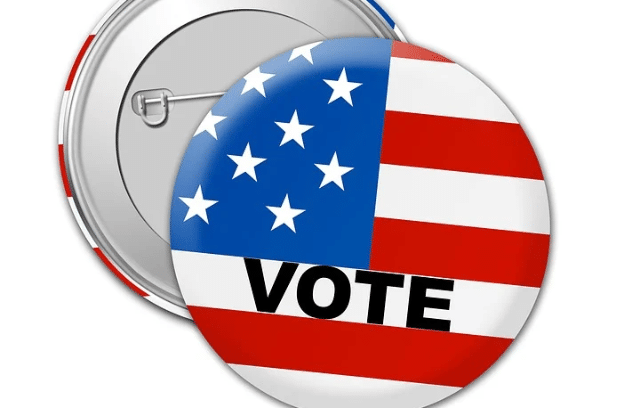
In the 1776 Declaration of Independence, Thomas Jefferson wrote, “all men are created equal.” However, one of the reasons the relationship between a state’s population and its representation in the Electoral College concerned the US Founding Fathers was because not every man was considered a citizen. The most populous states were the states with large slave populations, but slaves were not considered citizens who were eligible to vote.
Section I, Article II of the Constitution, sometimes called the Three-Fifths Compromise of 1787, states:
“Representatives and direct taxes shall be apportioned among the several States which may be included within this Union, according to their respective Numbers, which shall be determined by adding to the whole Number of free Persons, including those bound to Service for a Term of Years, and excluding Indians not taxed, three-fifths of all other Persons.”
This compromise was intended to appease constitutional delegates from southern states, who wanted each slave to count as one person, and constitutional delegates from northern states, who didn’t want slaves counted as part of a state’s population. Of course, this “compromise” exploited the slaves. Their presence increased the voting constituencies in their states without expanding the state’s electorate, as they were not granted civil liberties or voting rights until after the 14th Amendment passed in 1868.
1. The US Constitution doesn’t contain the phrase “Electoral College”
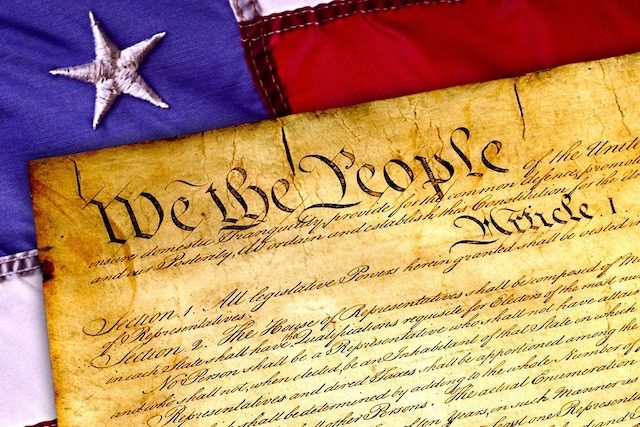
One reason the role the Electoral College plays in presidential elections changes over time is because the Founding Fathers didn’t provide detailed guidance for future generations. The Constitution doesn’t include the phrase “Electoral College,” though a body of electors is briefly described in Article II, Section I.
In Federalist Paper Number Sixty-Eight, Hamilton describes a system wherein, in contested presidential elections, Congress, not the Electoral College, selects the president. Currently, the Electoral College selects the president in contested elections. Electors’ authority has changed over time. However, there is no precedent for how it may change in the future, if it changes at all.